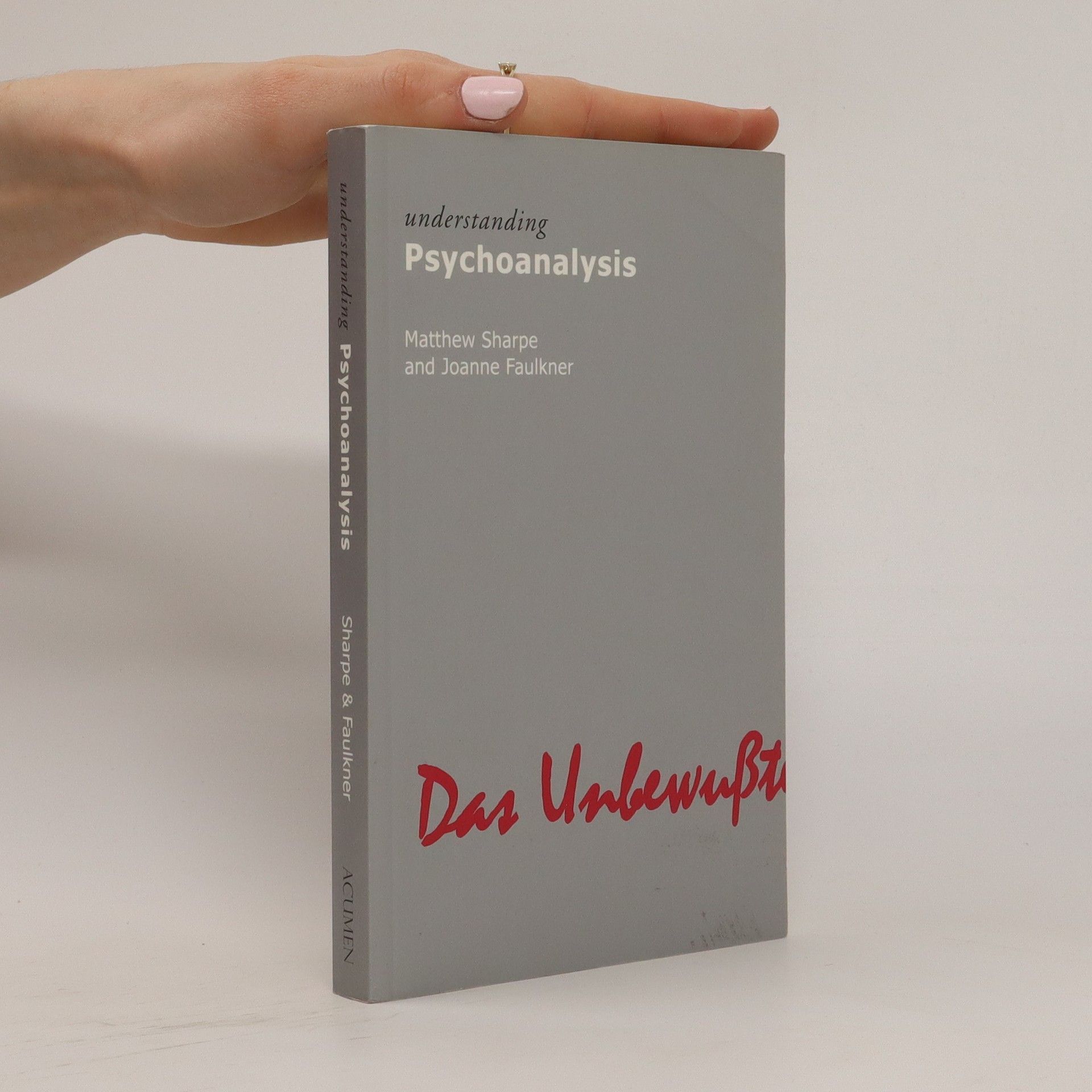Understanding Phenomenology
- 200 stránek
- 7 hodin čtení
Provides a guide to one of the most important schools of thought in modern philosophy. This book traces phenomenology's historical development, and assesses critical responses to phenomenology. It guides the reader through the array of technical concepts and jargon associated with phenomenology.

